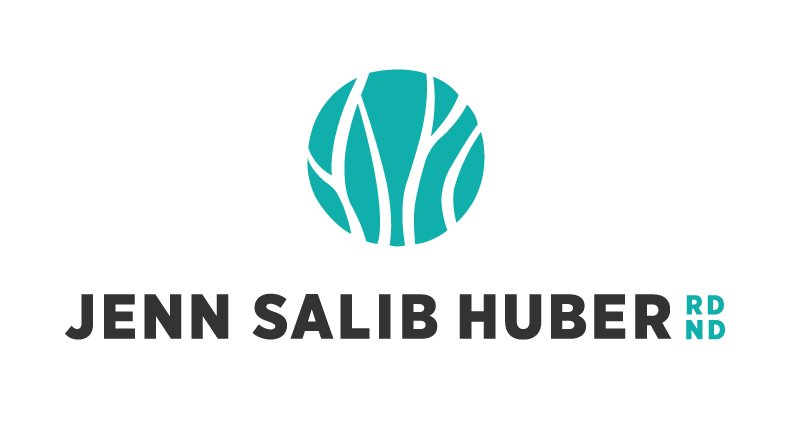How to Decode Your Food Cravings in Midlife & Menopause
Why do we crave certain foods, and what does it mean? Are food cravings strictly hormonal, or do they mean something more? I shared a solo podcast episode on how to decode your cravings this week, so give it a listen for a close look at what's going on.
Hormones DO play a role.
If you have a regular period, you may notice that you feel more hungry the week before your cycle starts. Research has found that energy needs increase slightly in the luteal phase (after ovulation) of your cycle, so it makes sense that your appetite might go up. We also know that serotonin and dopamine levels fluctuate with estrogen and progesterone (which happens unpredictably in perimenopause), so dips in these mood neurotransmitters may contribute to cravings too.
If you're post-menopausal, it's less likely that hormone fluctuations are involved (because everything is just low), but any symptoms you're experiencing could be driving emotional hunger.
Are cravings signs of a nutrient deficiency?
Wouldn't it be great if our body craved the exact nutrients we're missing? Do we crave chocolate because it has magnesium, a nutrient many women in midlife don't get enough of? Sadly, that doesn't seem to be the way it works, otherwise, we'd crave eggs when we needed protein and oranges when we're lacking vitamin C. Interestingly, research suggests that cravings may be more culturally influenced than physiological. So, cravings may depend on where you live, not just hormones.
What if pleasure is what you're craving?
Food cravings often go hand in hand with emotional hunger, which is the strong desire to eat (usually something super specific) for reasons other than physical hunger. And midlife is often when we find ourselves in a "pleasure deficit", reaching for our favourite snack when "meno-rage" appears. And in that moment, the snack does provide us with an emotional band-aid, giving us a break from feeling "all the feelings". Sometimes, that piece of chocolate is the perfect "mini-vacation". But, if it feels like your food cravings have taken on a life of their own, keep reading...
How to decode your food cravings
1. Track your food cravings. If you still have a cycle, track when they're happening (before or after ovulation) as well. What you crave isn't as important as why, so don't read too much into salty vs. sweet cravings. And track what else is happening too - sleep, mood, night sweats or stress levels.
2. Make sure you're meeting your hunger, fullness and satisfaction needs. Food cravings are often a result of feeling deprived, so pay attention to how you're meeting those needs on a regular basis.
3. Remember that emotional hunger shouldn't be ignored! Don't dismiss it because it's not physical hunger. Instead, try to become attuned to what you're missing that needs attention!
Follow the roadmap and make peace with food
Looking for help decoding your food cravings in midlife and menopause? Join The Midlife Feast Community and find all the support you need with this step-by-step roadmap.

